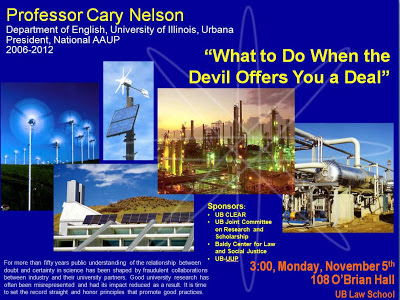Doctors Urge U.S. to Block Gas Export Terminals
By Jon Hurdle
More than 100 physicians urged the Obama administration on Thursday not to approve the construction of liquefied natural gas [LNG] export terminals until more is known about the health effects of hydraulic fracturing, the drilling process that has opened the way for a big increase in domestic gas production.
Until policymakers and public health officials determine whether fracking is dangerous to human health, they argue, the government should not allow the development of the 15 new export terminals that have been proposed by the gas industry. The government has so far approved one export terminal, proposed by Cheniere Energy, in Louisiana.
The demand for exports has risen from a recent boom in domestic production resulting from the use of fracking in combination with horizontal drilling, which has allowed the industry to exploit vast shale gas reserves at an affordable cost. Energy companies are also lured by sharply higher natural gas prices overseas.
Link to the full article at the New York Times Green Blog.
By Craig Segall, Staff Attorney, Sierra Club Environmental Law Program.
Exporting American Liquefied Natural Gas [LNG] to the world market would spur unconventional natural gas production across the country, increasing pollution and disrupting landscapes and communities. Deciding whether to move forward is among the most pressing environmental and energy policy decisions facing the nation. Yet, as the Department of Energy (DOE) considers whether to greenlight gas exports of as much as 45% of current U.S. gas production — more gas than the entire domestic power industry burns in a year — it has refused to disclose, or even acknowledge, the environmental consequences of its decisions.
Gas exports would transform the energy landscape and communities across the country. We owe ourselves an open national conversation to test whether they are in the public interest. We need to look before we leap.
Download the Sierra Club report here (44 page PDF).
















